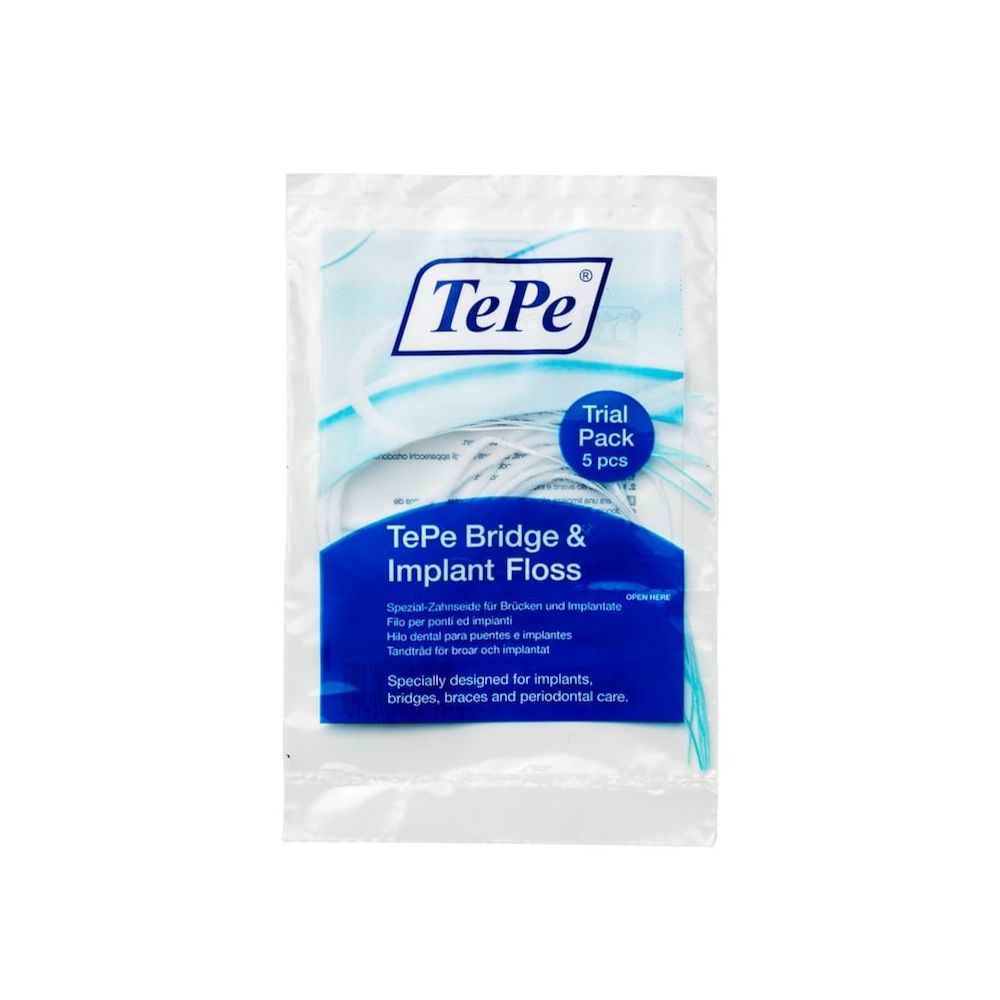


If treatment is part of the study, this decision will not affect your ability to receive non-research treatment. Your participation is completely voluntary.
To be told of your right to refuse to begin the study, or to change your mind and stop participating in the study after it has started. To be given the opportunity to ask questions about the study or participating in the study before agreeing to participate and during the course of the study. To be told, if treatment is part of the study, of other non-research treatment choices that are available and how they compare to participating in the study. To be given an explanation of any benefits that may be expected from participating in the study. To be given an explanation of risks or discomforts that may be experienced from participating in the study. To be given an explanation of what will happen during the study, what is expected of you, and what will be different from non-research medical treatment. To be told why the study is being conducted. What are my rights as a research participant?Īs a participant in a research study/clinical trial, you have the right: TUSDM’s research efforts are directed towards promoting oral health and sharing our resources and ideas to improve the quality of life of the general population.Ĭlick here for more information about Clinical Trials. Many of our studies also involve healthy patients. OPEN DENTAL TRIAL TRIAL
A clinical trial may offer you or your family member experimental treatment for a disease. The volunteers who participate in clinical research make it possible for this to occur.

Only through clinical research can we gain insights and answers about the safety and effectiveness of new drugs and medical devices, or new ways to use them. Clinical research looks for better ways to treat, prevent, diagnose, and understand human disease.







 0 kommentar(er)
0 kommentar(er)
